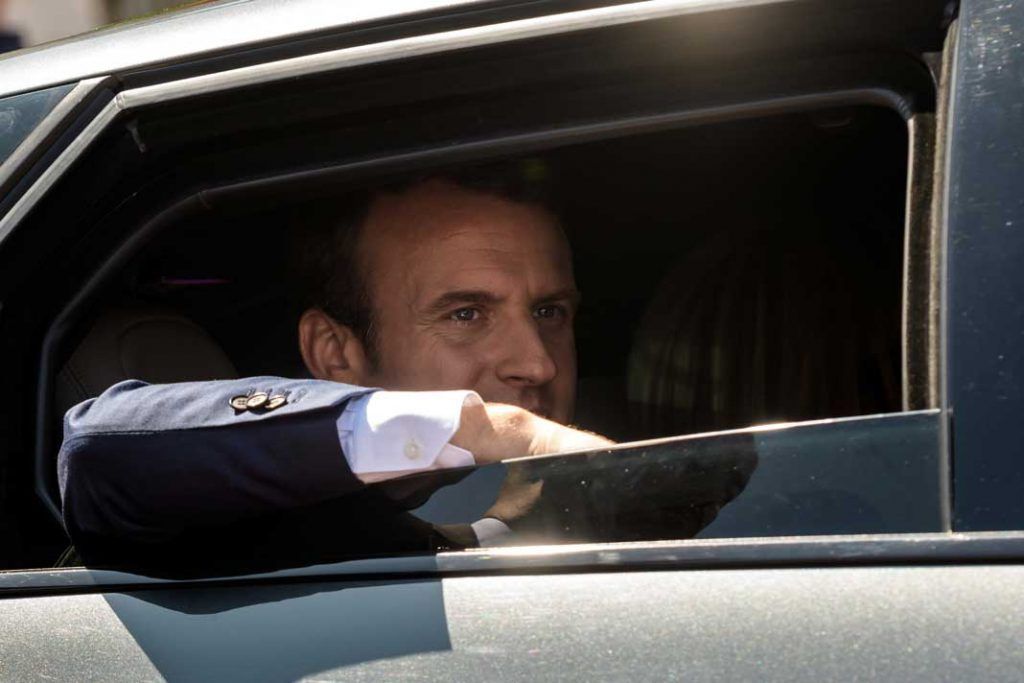October 24, 2017
The Elysee Palace in Paris has announced that French President Emmanuel Macron plans to visit Tehran in the coming months.
Jean-Yves Le Drian, France’s Foreign Minister, will be traveling separately to Tehran in the coming weeks to hold talks with Iranian Foreign Minister Javad Zarif.

Iran and France currently enjoy a strong political and economic relationship. The European Airbus consortium started the delivery of passenger jets to Iran Air earlier this year. The $20 billion contract includes 46 narrow-bodied A320 aircraft, 38 long-haul A330’s, and 16 of Europe’s newest long-range A350 planes. Automobile manufacturers Peugeot and Renault have extended their operations in Iran. A French economic delegation recently traveled to Tehran and held talks with senior Iranian officials, including the Ministers of Industry, Urban Development, Agriculture and Economy.
The last French president to make an official visit to Tehran was Valéry Giscard d’Estaing. That visit took place 41 years ago, in October 1976.
Two years later — while Ayatollah Ruhollah Khomeini was residing in Neauphle-le-Château, on the outskirts of Paris — Giscard d’Estaing asked the leaders of the U.S., Britain and Germany to meet on the island of Guadeloupe, where Iran was high up on the agenda of discussions. Ten days after the Guadeloupe meeting, Mohammad Reza Shah Pahlavi left Iran never to return. Before leaving Neauphle-le-Château for Tehran, Khomeini formally thanked the French government for its support and hospitality.
In an interview with the Iranian daily Tous in 1999, Giscard d’Estaing said: “France, Britain, Germany and the U.S. took part in the Guadeloupe Conference. The only country that raised the prospect of ending Pahlavi rule was the U.S. The American side believed that the time for regime change in Iran had arrived. The rest of us were stunned. Ultimately, Britain joined the U.S. in calling for the Shah’s removal from power.”
In his memoirs, Giscard d’Estaing wrote: “I was convinced that the Shah could continue to rule Iran, even though our ambassador to Tehran advised differently.” When French Interior Minister Michel Poniatowski made clear that he concurred with the ambassador, Giscard d’Estaing immediately invited British Prime Minister James Callaghan, German Chancellor Helmut Schmidt and U.S. President Jimmy Carter to the Guadeloupe meeting.
Other sources claim that France actually played a more active role in removing the Shah from power. They claim that Giscard d’Estaing believed a bloody civil war would break out if the Shah were to remain in Iran, and that he feared that domestic turmoil in Iran would benefit the communists. According to this view, Giscard d’Estaing advised Carter to contact Iranian opposition leaders, because Paris was adamant that the Shah should relinquish power and leave Iran.

